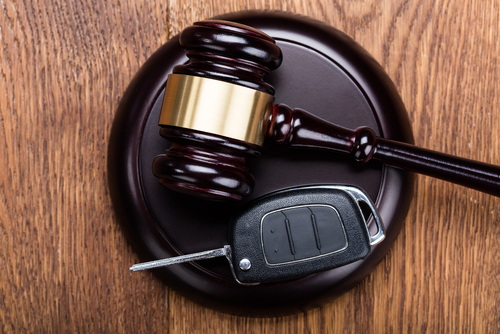- Home
- Firm overview
- Personal injury
- Mass torts
- Testimonials
- Articles
- Blog
- Contact
Menu
Liability Drivers Ed Crashes Aabama

Liability Drivers Ed Crashes Aabama
- Salter Ferguson, LLC
- Car Accidents

The goal of Driver’s Education courses around the nation is to teach unlicensed drivers the rules and basics of operating motor vehicles on the road. Some experience is necessary in the training process, so car accidents involving student drivers naturally occur from time to time. The driving school, instructor and student driver can reduce the risks of getting into an accident by acting with a reasonable level of care. When one or more parties have breached this duty to act with care, a personal injury lawsuit in Birmingham may be filed against them.
Collisions With Driver’s Ed Students In Alabama
When the student driver has acted negligently, they may be held liable in court. Despite being unlicensed and new to the road, students are expected to drive in a reasonably safe manner. In most cases, the student driver will be covered by their parent’s car insurance policy. Victims may seek compensation from this insurance policy.
If the instructor has been negligent, then a claim can be brought against the teacher. Teachers have a duty to remain vigilant, instruct the student and intervene where necessary. While the teacher can’t prevent all accidents, they should take reasonable steps to prevent one. If an accident occurs while the teacher was distracted, then they may be held responsible. The teacher’s business insurance coverage may provide victims financial relief in these situations.
Sometimes the driving school may be held responsible for accidents. The driving school is responsible for maintaining their vehicles, hiring competent instructors and providing adequate training to employees. A claim may be made against the school itself if any of these factors contributed to your car accident.
The car accident attorneys at Salter Ferguson, LLC are prepared to help you determine your legal options for compensation after your accident. We understand how important it is to get financial relief from overwhelming medical bills, property damage and lost wages. Reach out to our firm though our online contact page.
The articles on this blog are for informative purposes only and are no substitute for legal advice or an attorney-client relationship. If you are seeking legal advice, please contact our law firm directly.